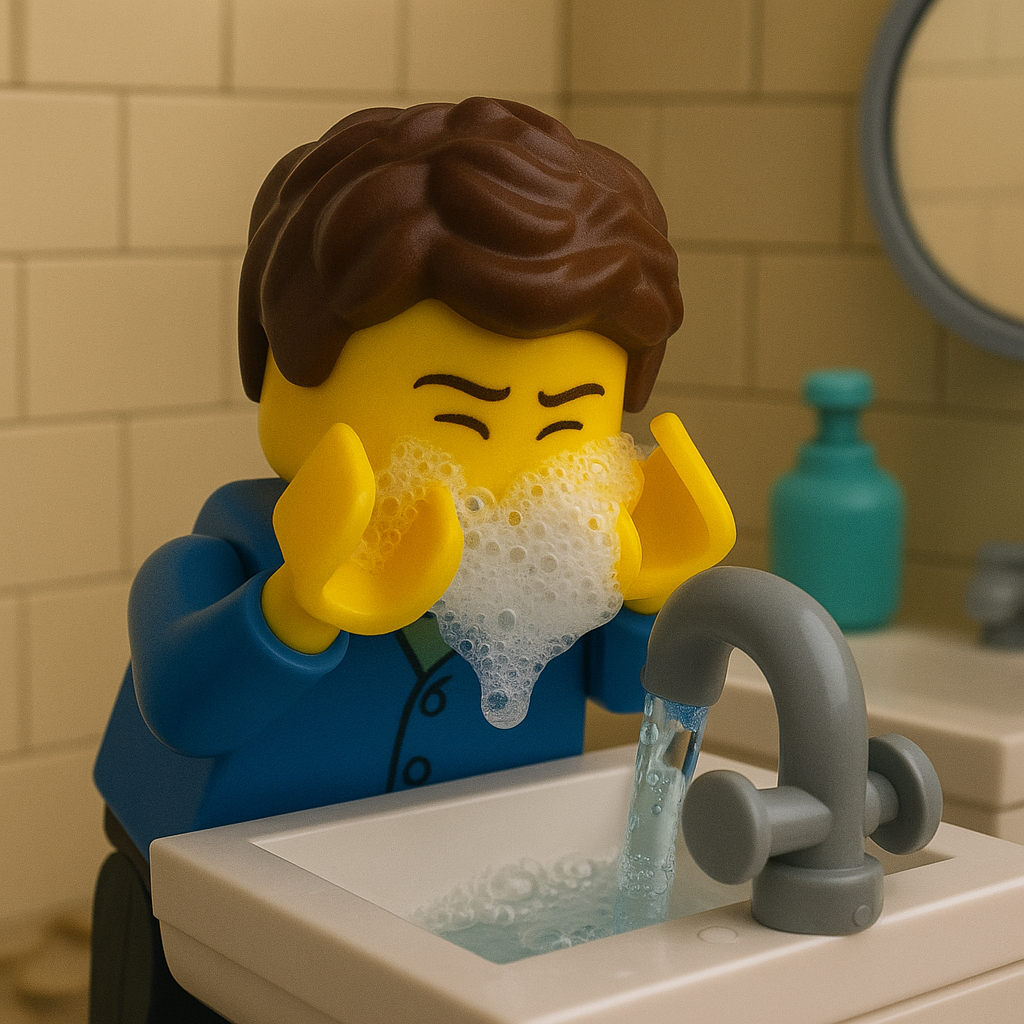
Hygiene and Personal Care
Taking care of your body and mind is important for your health and wellbeing. Personal hygiene and self-care are simple habits that help you stay healthy, feel confident, and manage your day-to-day life effectively. This page explains why these habits matter and how to make them part of your routine.
-
Personal hygiene involves keeping your body clean and healthy through practices like:
Washing your body, hair, and face.
Brushing your teeth and caring for your nails.
Managing periods (if applicable) with products like pads, tampons, or menstrual cups.
Self-care supports your mental and emotional health through actions like:
Resting or relaxing with activities you enjoy.
Eating nutritious food for energy.
Talking about your feelings when you need support.
These habits work together to help you feel healthy, confident, and ready for your day.
-
Good hygiene and self-care benefit your physical health, mental wellbeing, and relationships. Here’s why they matter:
Physical Health: Washing your hands, brushing your teeth, and changing period products regularly prevent illnesses, infections, or dental problems. Proper menstrual hygiene reduces discomfort and health risks.
Mental Health: Taking time for yourself, like having a shower or listening to calming music, can reduce stress and improve your mood.
Confidence: Feeling clean and fresh, whether it’s through clean hair or managing periods, helps you feel good about yourself in school or social situations.
Relationships: Good hygiene shows respect for yourself and others, making it easier to connect with people without worrying about body odor or appearance.
Sense of Control: Practicing self-care, like eating well or managing stress, helps you feel in charge of your life, even during busy or challenging times.
Overall Wellbeing: Healthy habits create a positive cycle. Good sleep, balanced meals, and proper period care keep you energized and focused.
-
Skipping these habits can affect your body and mind:
Bad Breath or Body Odor: Not brushing teeth or washing can make you feel self-conscious.
Skin Issues: Skipping face washing or period hygiene may lead to acne or infections.
Fatigue: Poor sleep, unhealthy eating, or period discomfort can leave you tired.
Stress or Low Mood: Ignoring your feelings or needs can make you feel anxious or sad.
Difficulty Focusing: Lack of self-care, like poor diet or period-related fatigue, can make schoolwork or activities harder.
If you feel overwhelmed or these issues persist, talk to a trusted adult, such as a parent, teacher, or school nurse, for guidance.
-
Here are practical steps to stay clean and care for yourself:
Shower Regularly: Wash your body with soap daily or every other day, especially after physical activity. Clean private areas gently, particularly during periods, to avoid irritation.
Brush Your Teeth: Brush twice a day for two minutes and floss to prevent cavities and keep your breath fresh.
Care for Skin and Hair: Wash your face daily to prevent acne. Use shampoo and conditioner suited to your hair type, washing as needed (e.g., every few days for some hair types).
Manage Periods: Change pads, tampons, or menstrual cups every 4–8 hours. Wash your hands before and after. Track your cycle and carry supplies. For period pain, try a hot water bottle or consult a school nurse or doctor.
Use Deodorant: Apply deodorant daily to stay fresh, especially in warm weather or after exercise.
Eat Nutritiously: Choose fruits, vegetables, and iron-rich foods (like spinach) to stay energized, particularly during periods. Drink water to stay hydrated.
Rest and Relax: Aim for 8–10 hours of sleep each night. Spend time on activities like reading or deep breathing to reduce stress.
Talk About Feelings: If you’re stressed, sad, or struggling, talk to a parent, friend, teacher, school nurse, or youth worker. Click Get Support
-
Your hygiene and self-care routine should suit your needs:
Your Body: Everyone is different. Active people may need to shower more often, while those with periods should change products regularly to stay comfortable.
Your Mind: Stress or low mood, especially during periods, can make routines harder. Small self-care steps, like relaxing with a hobby, can help.
Your Environment: Hot weather or crowded places may require more frequent washing or deodorant. If you lack access to period products or hygiene supplies, ask a parent, school nurse, or youth worker for assistance.
-
The internet and social media can create unrealistic expectations:
Social Media: Influencers may show “perfect” appearances or promote expensive products, but these are often unrealistic. Focus on what makes you feel good, not what others show online.
Advertisements: Products like special soaps or period items may seem necessary, but basic, affordable options are usually enough.
Peer Pressure: Friends may suggest you need to look or act a certain way. Choose habits that feel right for you and your comfort.
-
Taking care of your body and mind is your choice and responsibility. Good hygiene and self-care, including period management, help you stay healthy, confident, and prepared for life’s challenges. Start with small steps, find what works for you, and build habits that make you feel your best.

